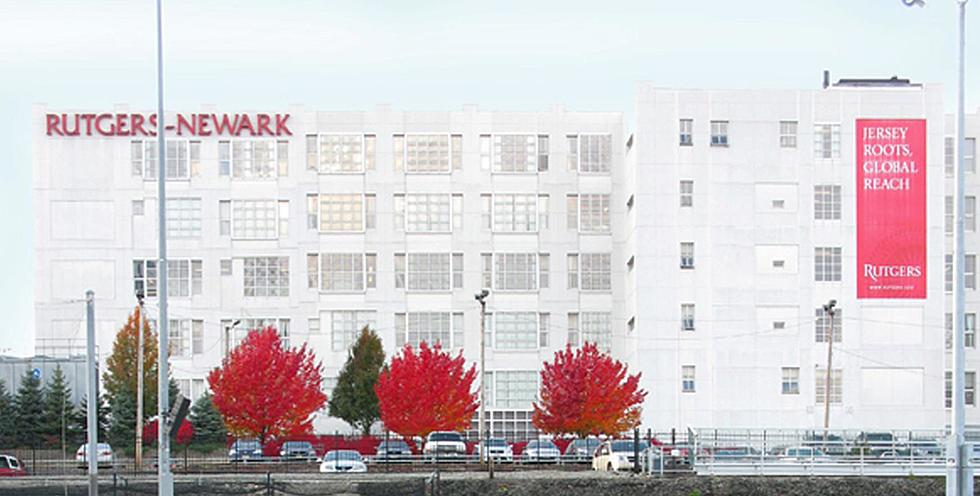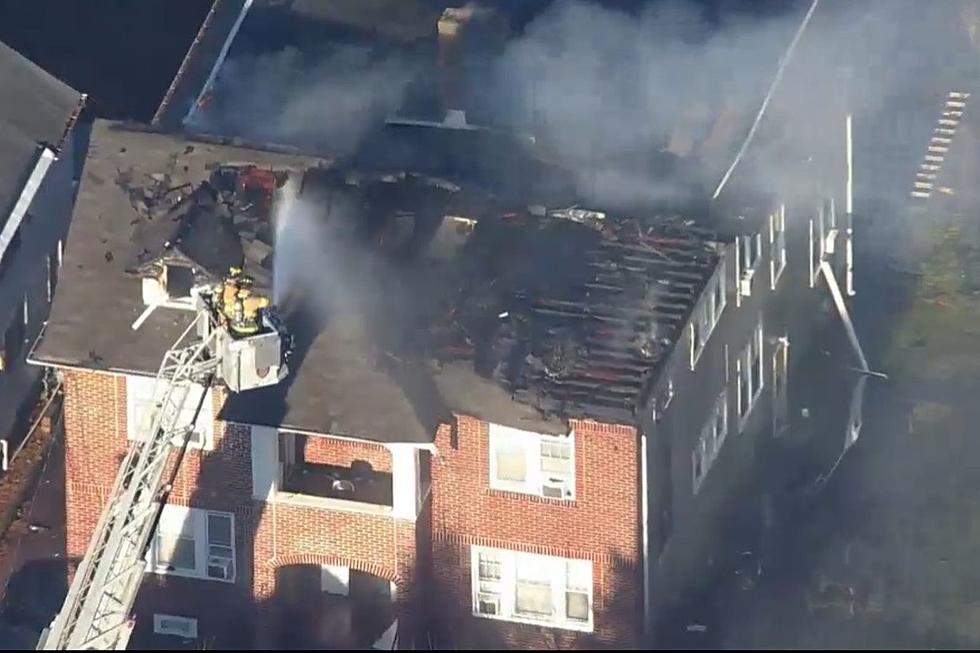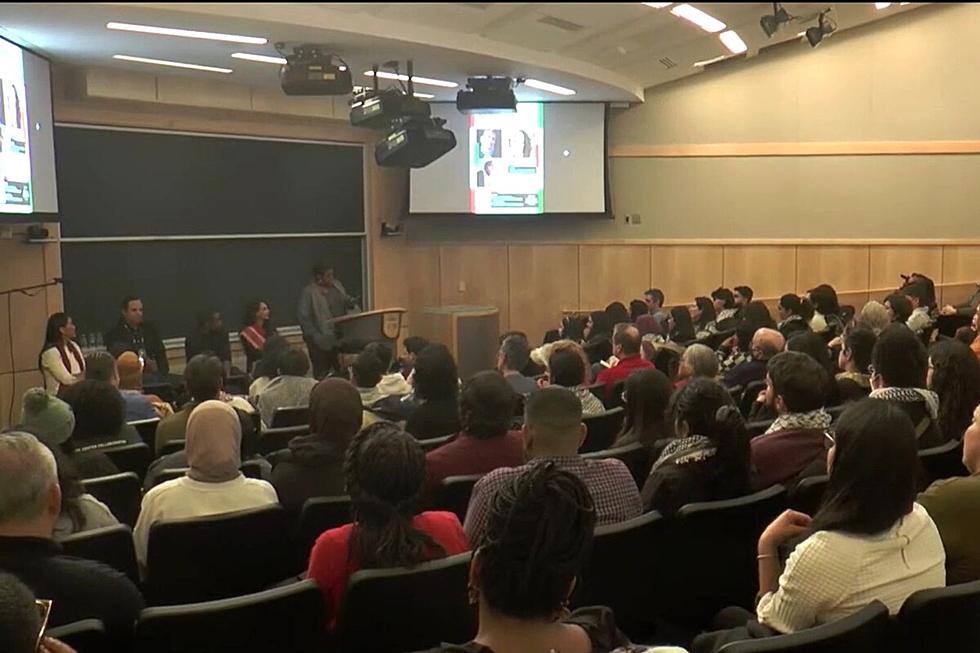
Rutgers removes name of alum from Newark, NJ, building, alleging racism
Rutgers is removing the name of a former U.S. Supreme Court justice from a Newark Campus building due to what they say was his racist past.
Joseph P. Bradley graduated from Rutgers in 1836 and went on to sit on the nation's highest court. However, history has judged it was Justice Bradley that opened the doors to legalized racism and discrimination.
It was Bradley who overturned the Civil Rights Act of 1875, which critics say ushered in an era of discrimination against women and minorities. In his decision to overturn, Bradley argued women had no right to practice law.
Prior to a thorough review of Bradley's law career and judicial record, a committee determined the narrative that Bradley as actually a champion of civil rights was false.
The committee's report to the Rutgers Board of Governors claimed, "Contrary to the contemporary record, Justice Bradley played a role in perpetuating systemic racism and ushering in legalized discrimination in the period after the Civil War."
A committee of faculty, staff, and students appointed by Chancellor Nancy Cantor to research and study this issue intensively has determined that contrary to the contemporary record, Justice Bradley played a role in perpetuating systemic racism and ushering in legalized discrimination in the period after the Civil War. - Proposed resolution/Rutgers Board of Governors
Rutgers has been evaluating buildings and monuments on its campus as part of what they say is "a strategic plan that centers on strengthening the inclusivity of our campus."
The removal of Bradley's name could be considered extreme. In many cases, even under pressure from members of the student body, Rutgers has opted not to remove individual names on buildings, but instead install markers to explain the individual's ties to slavery, for example.
There were also some questions about the lack of public comment. New Brunswick community activist Charlie Kratovil noted that while the Board was meeting in person, the public was not allowed to speak, possibly in violation of New Jersey's Open Public Meeting Act. The possible violation was noted by state Sen. Loretta Weinberg, who was commenting on another matter involving equal pay of faculty.
The proposed resolution doing away with Bradley Hall on the Newark campus was the last item on the board's agenda.
Census 2020: The 20 biggest places in New Jersey
NJ towns and their nicknames
NJ teachers and educators caught in sex crime busts
More From New Jersey 101.5 FM









